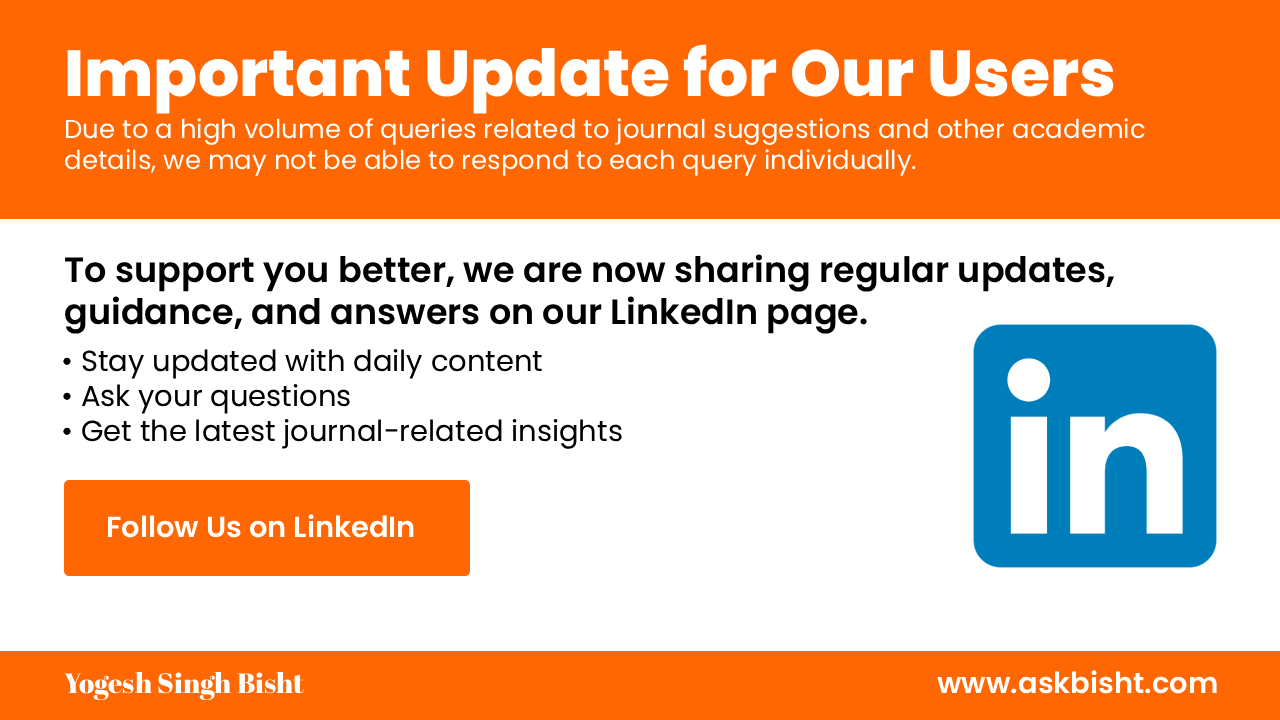International Review of Education
Published by Springer Nature (Journal Finder)
ISSN : 0020-8566 eISSN : 1573-0638
Abbreviation : Int. Rev. Educ.
Aims & Scope
The International Review of Education – Journal of Lifelong Learning (IRE) is edited by the UNESCO Institute for Lifelong Learning, a global centre of excellence for lifelong learning and learning societies.
Founded in 1955, IRE is the world’s longest-running peer-reviewed journal of comparative education, serving not only academic and research communities but, equally, high-level policy and practice readerships throughout the world.
Today, IRE provides a forum for theoretically-informed and policy-relevant applied research in lifelong and life-wide learning in international and comparative contexts.
Preferred topic areas include adult education, non-formal education, adult literacy, open and distance learning, vocational education and workplace learning, new access routes to formal education, lifelong learning policies, and various applications of the lifelong learning paradigm.
Consistent with the mandate of UNESCO, the IRE fosters scholarly exchange on lifelong learning from all regions of the world, particularly developing and transition countries.
In addition to inviting submissions from authors for its general issues, the IRE also publishes regular guest-edited special issues on key and emerging topics in lifelong learning.
View Aims & ScopeMetrics & Ranking
Impact Factor
| Year | Value |
|---|---|
| 2025 | 1.6 |
| 2024 | 2.30 |
Journal Rank
| Year | Value |
|---|---|
| 2024 | 10164 |
Journal Citation Indicator
| Year | Value |
|---|---|
| 2024 | 317 |
SJR (SCImago Journal Rank)
| Year | Value |
|---|---|
| 2024 | 0.572 |
Quartile
| Year | Value |
|---|---|
| 2024 | Q2 |
h-index
| Year | Value |
|---|---|
| 2024 | 51 |
Impact Factor Trend
Abstracting & Indexing
Journal is indexed in leading academic databases, ensuring global visibility and accessibility of our peer-reviewed research.
Subjects & Keywords
Journal’s research areas, covering key disciplines and specialized sub-topics in Social Sciences, designed to support cutting-edge academic discovery.
Most Cited Articles
The Most Cited Articles section features the journal's most impactful research, based on citation counts. These articles have been referenced frequently by other researchers, indicating their significant contribution to their respective fields.
-
The development of ESD-related competencies in supportive institutional frameworks
Citation: 196
Authors: Gerhard
-
Self-directed learning: A fundamental competence in a rapidly changing world
Citation: 182
Authors: Thomas Howard
-
The impact of lockdown on the learning gap: family and school divisions in times of crisis
Citation: 166
Authors: Xavier, Sheila
-
Formal, nonformal and informal education: A holistic perspective on lifelong learning
Citation: 156
Authors: Thomas J.
-
Online communication and interaction in distance higher education: A framework study of good practice
Citation: 127
Authors: Dimitrios, Agoritsa
